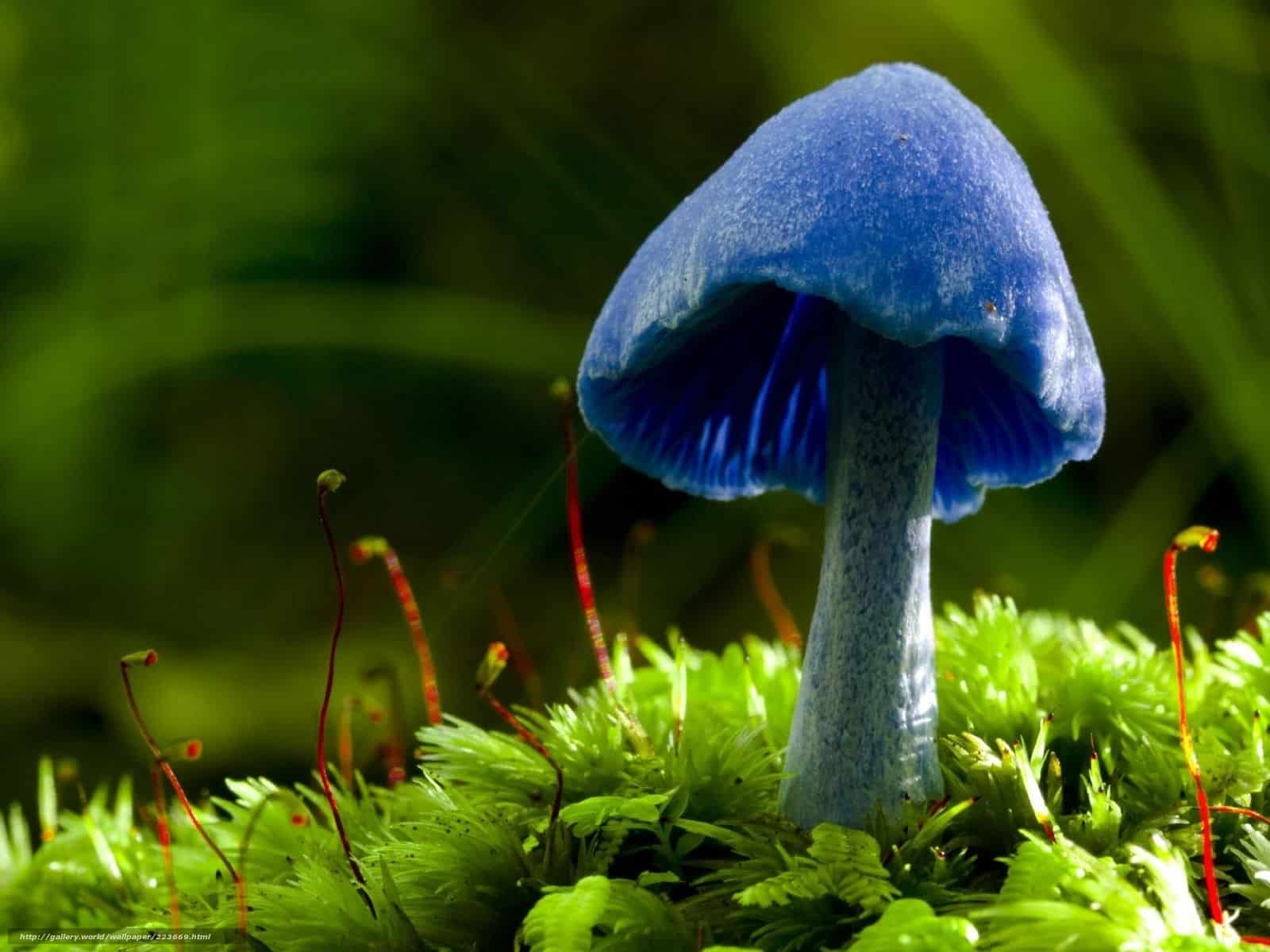Nature is complex and we perhaps will never truly understand how it works. But such a knowledge however little is essential for us to function, and live harmoniously.
Amongst many testimonies to this fact, here comes another- a recent study by NASA has found that astronauts onboard the closed habitats exploring Mars and other planets in the future may face the risk of asthma, allergies and skin infections from hitchhiking fungi; thereby requiring an uncompromised understanding of these opportunistic pathogens.
What we earthlings should understand is that fungi are “extremophiles” that can survive in the harshest conditions, and in the closed environment of a space station, they can wreak havoc.
The research by NASA scientists has proven that the presence of humans inside the closed spaces while exploring other planets correlates with changes in the mycobiomes- the fungal communities that grow inside the habitats.
The study published in the journal Microbiome, describes how critical it is to study the agent behind the risk of asthma, allergies and skin infections, to space exploration and the colonization of new planets because it will help determine which health and maintenance measures are needed for human survival in closed habitats.
To see exactly what
kind of fungi might colonize astronauts while they colonize Mars, researchers set up an Inflatable Lunar/Mars Analog Habitat (ILMAH)- a 30-day simulation of living life on another planet, and found that fungi followed these artificial astronauts, setting shop.It was also found that the stress of long-term stays in closed habitats produced decreased immune responses in humans, rendering them more vulnerable to fungi. For instance, they found that populations of the common fungus Cladosporium cladosporioides increased, which normally isn’t a big deal, but in a closed system, it could cause asthmatic reactions in astronauts.
“The statement ‘wherever humans go, microbes hitchhike along with them’ is true for fungi also,” Kasthuri Venkateswaran, lead study author. “At present, most of our studies have been conducted to know the dynamic changes regarding bacteria, not fungi,” he notes. “This is the first study that examined the fungal changes in a confined environment for at least 30 days of human habitation in isolation using molecular methods.”
The NASA simulation is just the first step toward understanding what the fungal worlds of our future space colonies might be like. But, these little fellas seem to be worth monitoring in the future. In addition to causing respiratory problems and allergies, fungi can cause infections and hasten the deterioration of materials.
Well all said, fungi needs to be kept in check else they have a really great plot for the next instalment of Alien.






























